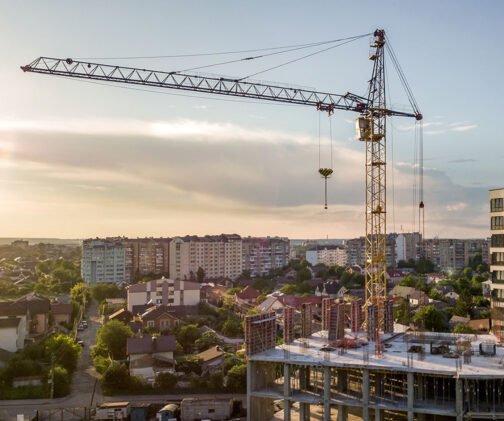What Are the Closing Costs for Pre-Construction Condos?
This is a tricky questions to answer and there is no one right answer here unfortunately. The truth is, there is no set number for what the closing fees will be. There is no percentage of purchase price rule either.
This is because there are many variables to consider when calculating closing costs. These include but are not limited to the purchase price of the condo (of course), the capped amounts in development levies and charges, and what is stated in the actual contract that you sign with the builder amongst others.
When you sign an Agreement of Purchase and Sale with the builder, there will be several clauses in the agreement that will list costs and fees that you’ll have to cover at the time of closing. It is critical to take your Agreement of Purchase and Sale to a lawyer for a review. The lawyers not only list the closing costs and fees for you but they also look for any that may be unusual or those that may be negotiable with the builder – these are looked at on a case-by-case basis.
Please note, it is highly recommended that you take your contract to a lawyer who has experience in new condo documents since these are quite different from the others.
Please note closing costs are out-of-pocket-expenses. This means that these cannot be included in the mortgage and must be paid on Final Closing and you will need to budget for these closing costs.
Some of the closing costs that you have to take care of include:
Land Transfer Taxes: the tax paid on land transferred to your ownership (provincial or municipal). Every real estate purchase must pay a Land Transfer Tax (this is not unique to pre-construction condo or home purchases). However in Toronto, you have to pay both the Toronto Land Transfer Tax (TLTT) and the Ontario Land Transfer Tax (OLTT).
Other municipalities such as Vaughan, for example do not have the municipal portion of the Land Transfer Tax.
Development Charges: taxes paid for the continued development of the area. Various components of this fee may include levies for education, section 37 (for zoning and population density), public arts, parks, and municipal charges.
The city charges the builder and the builder passes these costs on to the buyers. Development charges are the big unknowns at the time of signing. Therefore, it is important that these levies and/or charges are ‘capped’ as a part of your Agreement of Purchase and Sale. A cap will protect you on the time of closing – you will be required to pay up to the capped amount only.
Upon contract review, your lawyer can confirm exactly which of these costs and/or levies are capped and can also negotiate on some of these charges – this occurs on a case-by-case basis.
If there is one thing you need to remember about development charges and levies is that you must ALWAYS cap these!
Legal Fees: the amount paid to the lawyer who handles the closing of your deal.
Utility Hook-Ups: this fee is specific to new condos because you are paying to have utilities such as gas and water set up for the first time.
Tarion Warranty Enrollment: the cost of the warranty on your new property. This fee is subject to HST. This warranty program is an incredible benefit of buying new. Learn more about Tarion here.
Miscellaneous Costs: covers deposit administration, letter charges, discharge of construction mortgage, site review, electronic registration fees, and HST on appliances
Realty Taxes/Property Taxes: approximately 0.75% of the purchase price in Toronto
Contribution to the Reserve Fund: includes maintenance fees and/or condo fees






